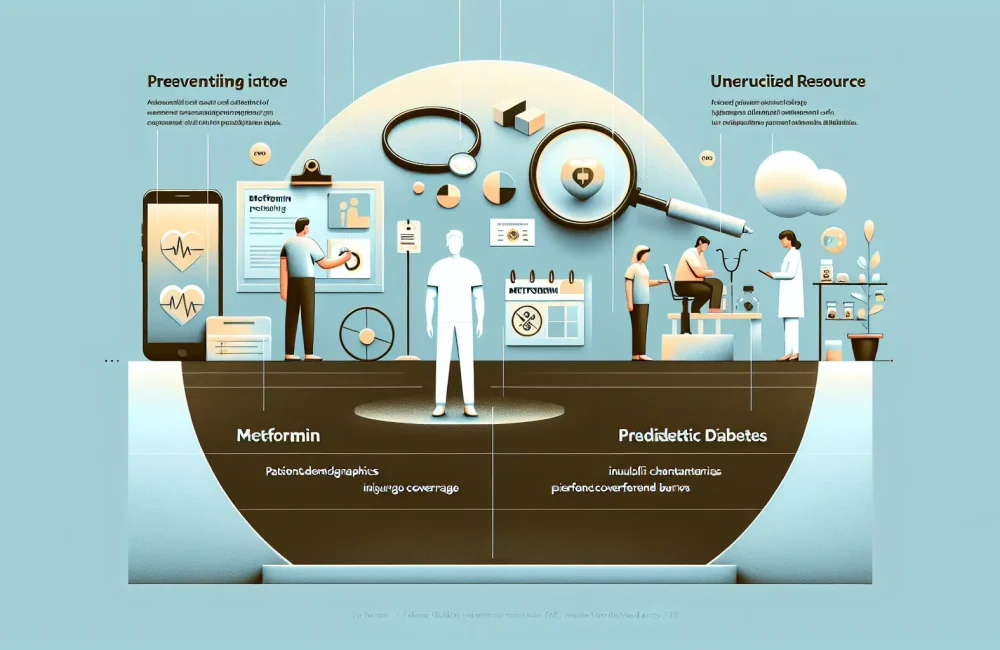By CAFMI AI From JAMA
Efficacy and Safety of Oral Agents Versus Insulin in Gestational Diabetes
Gestational diabetes mellitus (GDM) remains a prevalent pregnancy complication characterized by glucose intolerance, necessitating effective management strategies to prevent harmful maternal and neonatal outcomes. This analysis examines the comparative efficacy and safety of oral glucose-lowering agents, specifically metformin and glyburide, against traditional insulin therapy. The evidence, drawn from multiple randomized controlled trials and meta-analyses, reveals that metformin effectively achieves glycemic control for many patients with the added benefits of reducing maternal weight gain and minimizing hypoglycemic episodes. Contrarily, glyburide, while orally administered, has been linked to increased neonatal hypoglycemia concerning insulin. Insulin, considered the gold standard, offers superior safety for the fetus by virtually eliminating drug exposure but requires injections and vigilant glucose monitoring, which may affect patient adherence. The study underscores that while oral agents simplify administration and may improve compliance and reduce costs, the decision between oral agents and insulin should be individualized, accounting for patient-specific factors and clinical conditions to optimize outcomes.
Clinical Recommendations and Monitoring in Gestational Diabetes Management
Clinical guidelines advocate for personalized treatment plans in managing GDM, weighing patient characteristics, severity of hyperglycemia, and preferences. Metformin stands out as a primary oral agent alternative to insulin, favored for its balance of efficacy and safety, especially among patients reluctant or unable to manage insulin injections. The use of glyburide requires caution due to its association with neonatal hypoglycemia. Regardless of therapy choice, the necessity of close monitoring is emphasized to assess glycemic control, detect potential adverse effects, and adjust treatment promptly. Follow-up involves serial glucose testing and fetal well-being assessments, ensuring prompt intervention should complications arise. This balanced and responsive approach reflects a modern standard of care prioritizing both maternal and neonatal health while considering patient-centered factors such as medication adherence and quality of life during pregnancy.
Future Directions and Considerations in GDM Treatment
Emerging research focuses on optimizing gestational diabetes management by exploring new oral agents and refining insulin regimens to enhance maternal and fetal outcomes further. Investigations include evaluating long-term effects of metformin exposure on offspring and developing tailored pharmacological protocols based on genetic and metabolic profiling. Additionally, integrating patient education and lifestyle interventions with pharmacotherapy remains critical. Advances in glucose monitoring technologies, such as continuous glucose monitors (CGMs), promise improved real-time management and reduced adverse events. Ultimately, future strategies aim to personalize GDM treatment, balancing efficacy, safety, convenience, and cost to achieve optimal health for both mothers and their children.
Read The Original Publication Here






